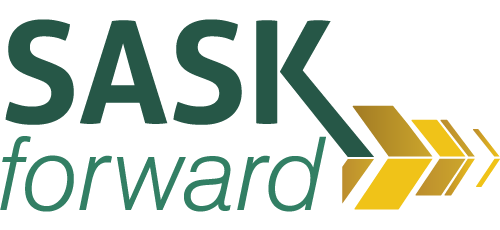Saskatchewan is a wealthy province with a poverty problem. More than one-in-ten people live in poverty and our child poverty rate is above the national average. Dig into the data and you find that some populations disproportionately bear the brunt of poverty in Saskatchewan. Single parent families, new Canadians, persons with disabilities and Indigenous peoples are all more likely to live in poverty. Indigenous children are particularly vulnerable, with Saskatchewan’s rate of First Nations child poverty running as high as one-in-two, a number virtually unchanged over the past ten years.
Poverty means making choices between healthy food, safe housing, school supplies and transportation. It means poorer educational outcomes for children, higher demand on public services and reduced economic productivity. The 2015 Poverty Costs campaign calculated that leaving people in poverty costs Saskatchewan 3.8 billion per year, more than three times the current provincial budget deficit. Investing in affordable housing, accessible childcare, and adequate income can save our province money and improve the health, happiness, and quality of life in our communities. The family and social costs of poverty can be avoided, if we choose to act.
As individuals, we can support employees who pay a living wage and elect representatives who want to reduce poverty. Government commitments to poverty elimination can be fickle, however, with campaign promises forgotten once power is obtained. Ending poverty in Saskatchewan requires sustained action across multiple administrations. This issue is too important to be left to partisan politics.
Legislation would make sustained action the norm. By enshrining a goal in law, defining how success is measured, and setting out some initial actions, Saskatchewan can achieve the lowest poverty rate in Canada. Cabinet should be responsible for reporting on progress every year, the goal being to reduce poverty by 50% by 2024 with continuous reductions in the depth of poverty in the meantime. A similar target was recommended by the Advisory Committee on Poverty Reduction in 2015. The provincial government convened that expert group but failed to heed their advice, illustrating why we cannot depend on promises and good will to drive poverty elimination.
Over the past year, a coalition of anti-poverty advocates from across Saskatchewan has been developing An Act to Eliminate Poverty in Saskatchewan. It draws on existing work by reiterating the calls to action of Saskatchewan’s anti-poverty community, while also building a framework for implementation of those actions. It is modeled on similar pieces of legislation in other provinces but adds a human rights lens which highlights commitments our government has made under international law. This act would make poverty elimination a core responsibility of Cabinet, no matter who forms government.
All governments need to be held accountable for eliminating poverty and promises made during elections are too easy to break. We need our government to be bound by legislation if we want to end poverty in Saskatchewan. Review our draft anti-poverty act online.
Peter Gilmer is an advocate with the Regina Anti-Poverty Ministry who writes on behalf of Saskforward.

